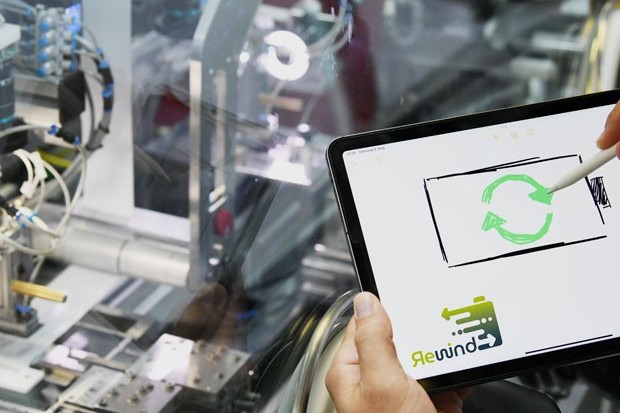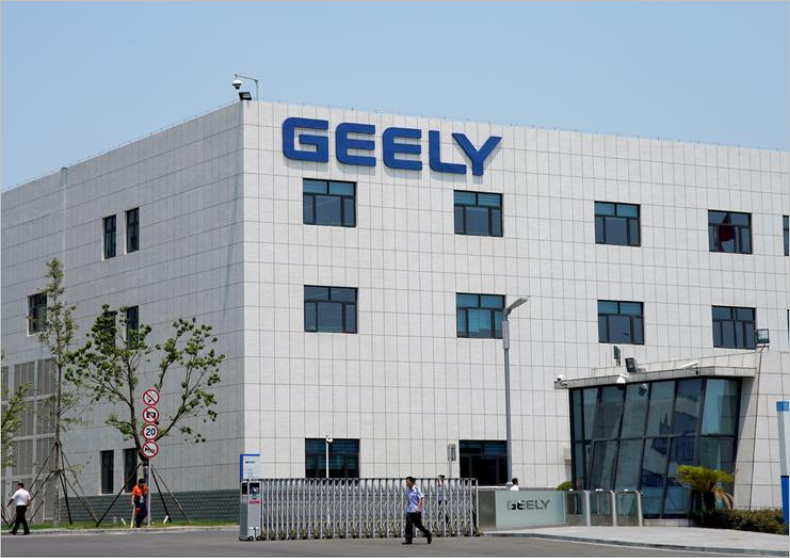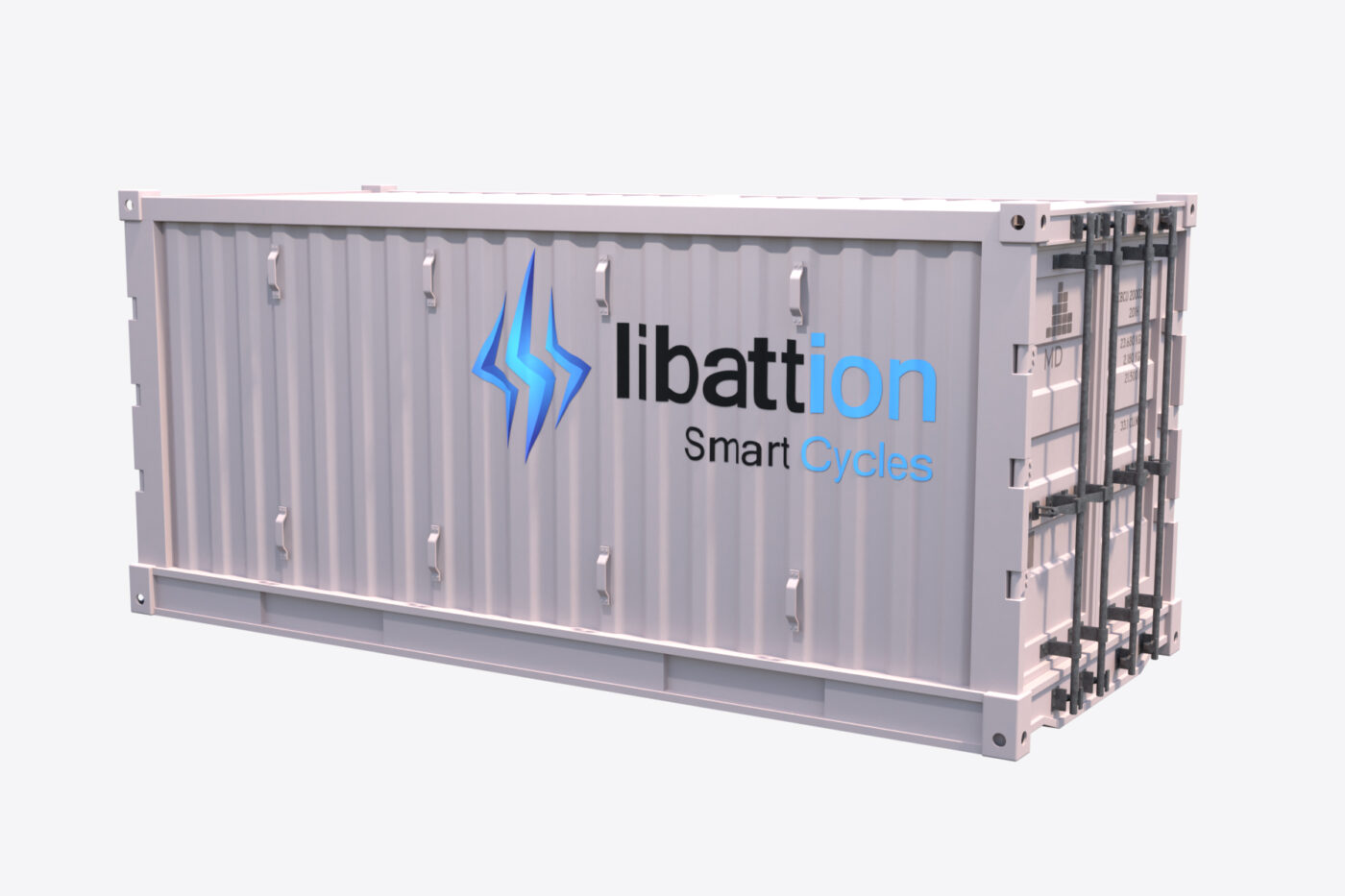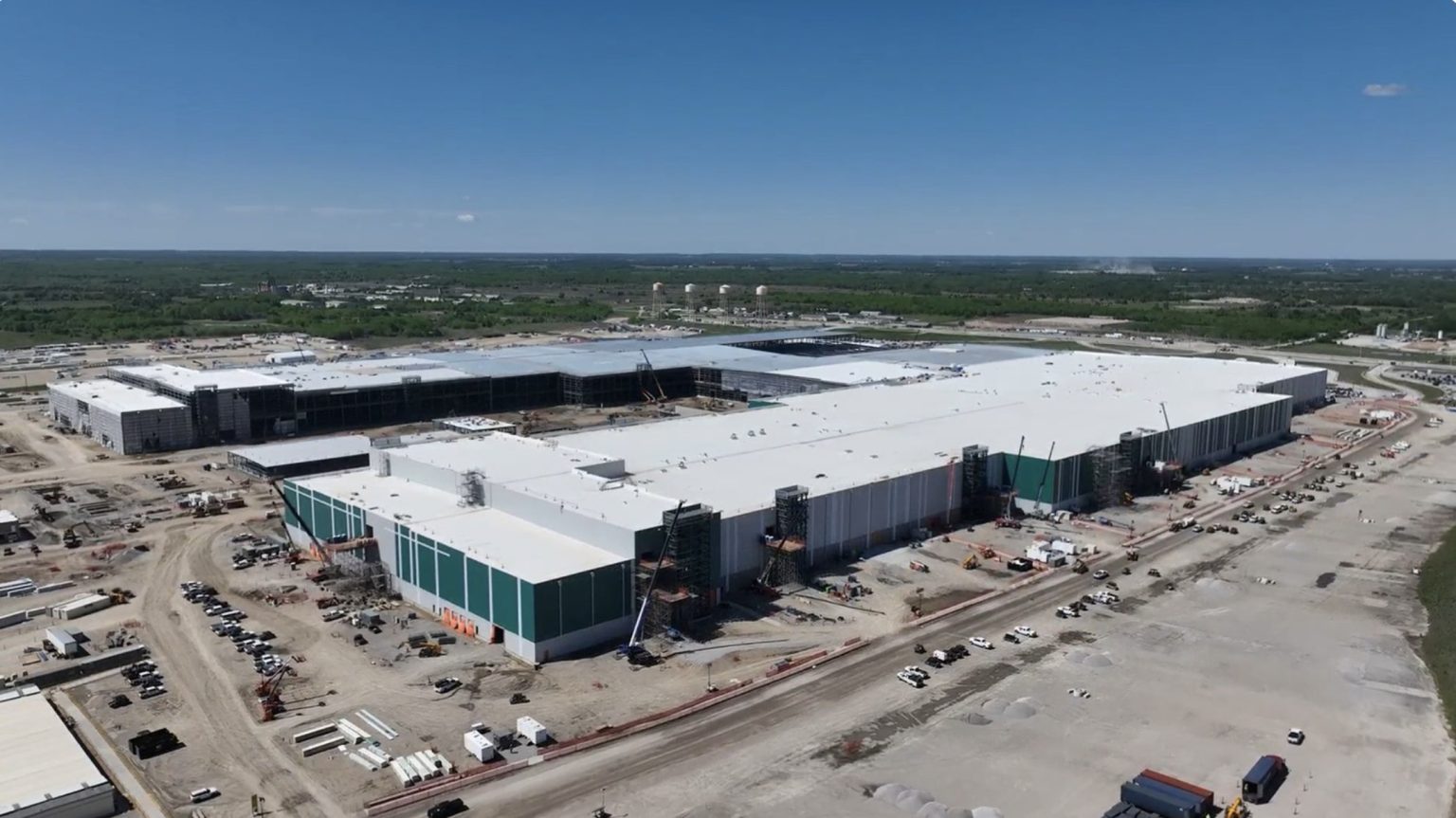The REWIND project, a pioneering effort in battery recycling, aims to develop a prototype lithium-ion battery where components can be fully recovered while preserving their structure, bypassing current shredding and dissolving processes.
Led by the Fraunhofer Institute for Silicate Research ISC and partnered with major industry players like BMW, IBU-tec, and Leclanché, REWIND is slated to continue until the end of 2027. According to the Fraunhofer Institute, the project’s core objective is “to develop a LIB cell with specially designed recyclable electrodes and cell designs.”
“In REWIND, we aim to create a lithium-ion battery prototype that is not only recycling-friendly but also allows for the regeneration of cathode and anode materials, as well as conductive carbon black and cell housings,” said a spokesperson from the Fraunhofer Institute.
The project proposes a direct recycling method that promises to conserve resources and potentially reduce production costs by eliminating high-temperature synthesis steps typically used in producing active materials.
“At present, the cells are usually mechanically shredded and then further processed by hydrometallurgical methods – with the extraction of many elements, but with the loss of the functional materials,” explained the Fraunhofer ISC.
REWIND aims to recover functional but less “valuable” cathode materials like lithium iron phosphate (LFP) and anode materials such as graphite, addressing the growing demand for sustainable battery solutions.
The project also plans to expand its innovative recycling technologies to sodium-ion batteries, aiming to broaden the application scope beyond traditional lithium-ion technologies.
Moreover, REWIND will establish a center of excellence for direct recycling, providing a platform for collaboration with industrial companies interested in sustainable battery production.
“This project builds upon the foundational work of previous initiatives like AutoKlass and IDcycLIB, setting the stage for efficient advancements in direct recycling,” noted Dr. Andreas Flegler, head of the Fraunhofer R&D Center for Electromobility and initiator of REWIND.
REWIND is part of Germany’s BattFutur program by the Federal Ministry of Education and Research, emphasizing collaboration among a diverse range of participants including academic institutions and industrial leaders.
“Our goal is to close the cycle of direct recycling, deepen our understanding of the process, and pioneer innovative recycling techniques,” added Dr. Flegler.







